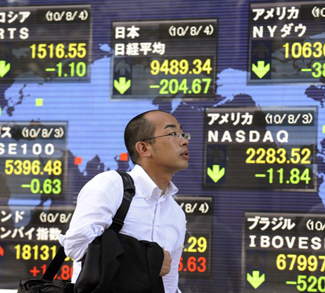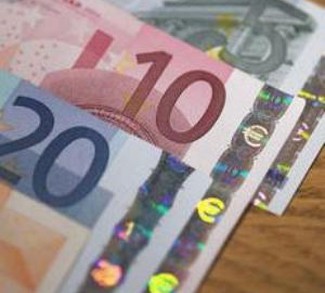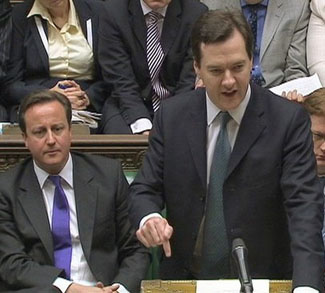Japan received two pieces of bad news this month: its quarterly GDP grew at the tepid rate of 0.1 percent, and it has been overtaken by China as the second largest economy in the world.
A strong yen is frustrating any hope for a sustained recovery for Japan’s export-oriented economy. Japanese products are being priced higher than their American or German competitors in overseas markets, and Japan’s domestic market is still mired in a spiral of deflation. In many ways, Japan’s high domestic savings rate is a blessing and a curse, as it allows the Japanese government to float extremely high levels of public debt, but it does so at the expense of robust domestic consumption. Regardless, Prime Minister Kan has signaled that the Japanese government can’t continue to play such a dangerous game. In comments last week, he warned that Japan risks collapse if its public debt isn’t reigned in.
Around the internet:
An editorial in Asahi decried a lack of coordination between the Bank of Japan and the Japanese government as a motor that is driving the yen up in value:
“The inaction of Japanese policymakers in the face of a rising yen left speculators feeling it’s safe to bet on a stronger yen.”
The article went on to speculate that:
“One explanation for the government’s inept handling of the situation may be that the Democratic Party of Japan, which came into power last year, has little experience of dealing with foreign exchange issues.”
The Japan Times Online points out that Japan’s lagging growth rate “was impacted by the diminishing effects of fiscal stimulus and finished considerably below the average market forecast of 2.3 percent.”




